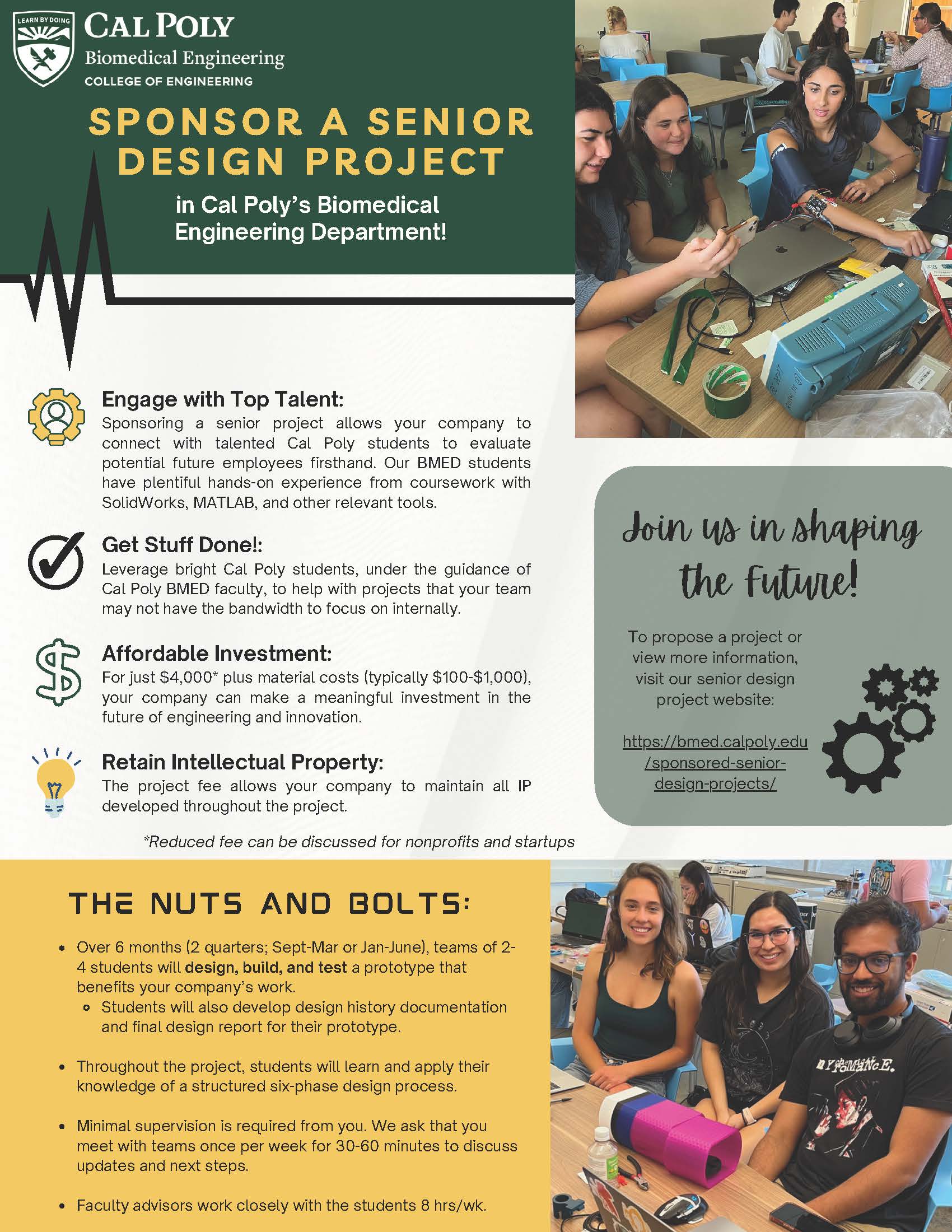Sponsored Senior Design Projects
Thank you for your interest in sponsoring a senior project for Cal Poly’s Biomedical Engineering (BMED) department! We are happy to have you here, and we hope that this page will help answer questions you may have about sponsoring a project.
What is a Senior Project?
The BMED senior project series is a team-based experience where students design, build, and test a solution that will benefit your organization’s current work. This format allows students to apply their engineering fundamentals while developing the teamwork and communication skills needed for today’s workplace. Students also gain valuable experience working with industry partners. As the sponsor, you will help guide the team through weekly check-ins. Each team also has a faculty advisor who will formally teach students the design process and work closely with each team to help support their projects.
The main goal of senior projects is student learning, and our course learning objectives are as follows:
- • Define an engineering problem and translate customer requirements into design specifications
- • Construct a project plan and identify the critical path of tasks for the design project
- • Create a quality management system for the design project
- • Apply structured information gathering and decision making tools to improve product quality
- • Construct design prototypes
- • Implement design verification and validation
- • Defend design choices using formal documentation
- • Explain how FDA regulatory requirements foster the ethical design and manufacture of medical devices for improving public health
As a sponsor, you will benefit from:
- • Getting the opportunity to work with a team of bright, creative Cal Poly students to develop innovative solutions to your company’s real-world challenges.
- • Assessing talent and recruiting Cal Poly students through an engaging hands-on “trial period.”
- • Retaining all intellectual property through our ISSP process described above
We look for opportunities in which students can design, build, and test a physical prototype of a biomedical-related device. Therefore, we typically avoid projects that are purely software- or data analysis-based, although exceptions can be made based on discussions between faculty advisors and sponsors. If you would like to see some examples of previous senior projects, take a look at the final reports online at the Cal Poly Digital Commons* website.
*Note: arrangements can be made to keep your project confidential and avoid publishing online if needed.
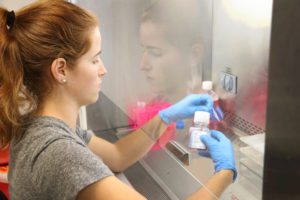
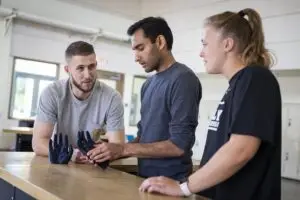
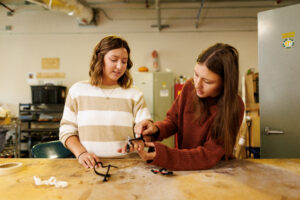
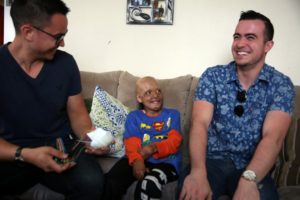
We ask all for-profit organizations to pay a sponsorship fee of $4,000.
- • This fee offsets technical support, consumable supplies, and overhead for the class.
- • This fee also allows all intellectual property (IP) to be owned outright by your organization.
- • Our Industry Sponsored Student Projects (ISSP) contract mechanism includes both NDA and IP language, and you have the option to control/limit any public dissemination of the project.
We also ask sponsors to cover the cost of materials for the students to build their prototype. You may specify a maximum budget with the students during the initial phase of the project.
- → Your project proposal must be submitted at least 2 months before the beginning of the project (see next bullet for project start dates). Depending on the intellectual property/privacy concerns and associated paperwork for your project, this deadline may be earlier.
- → The projects span two academic quarters (approximately 5 months). Two cohorts are run each year: Fall/Winter (late September through late March) and Winter/Spring (early January through early June). We can run your project in whichever cycle works best for your company’s timeline.
- • During the first week of class, projects will be presented and teams of 2-4 students will be formed by faculty based on the students’ interests and background knowledge.
- • During the first quarter, students will define the problem, perform background research, develop engineering specifications, develop and evaluate concepts, and present a Critical Design Review.
- • During the second quarter, students will build and test the prototype, culminating in a final report, design history file, and presentation at a university-wide poster session.
We ask all sponsors to meet regularly (weekly if possible) with their student team to offer guidance, answer technical questions, and stay informed about the progress. Your guidance is critical at every stage of the design process, including:
- Project Definition:
- Help the team fully understand the project background and needs
- Try not to share solutions yet; let the team brainstorm and learn!
- Review the team’s Statement of Work and offer suggestions
- Concept Development:
- Allow the team to get creative!
- Help the team determine relative importance of different customer requirements to they can use a decision matrix to evaluate their various concepts
- Review the team’s Conceptual Design Review
- Detailed Design:
- Provide technical support/guidance as the team finalizes their design
- Review the team’s Critical Design Review and confirm your support of their building/testing plans
- Manufacturing and Testing:
- Order materials and sent them to your student team
- While most teams can build and test their prototypes on campus, you may offer your manufacturing or testing facilities if any special tools or equipment are required
- Project Wrap-Up:
- Attend the Project Expo (if possible) to support your team!
- Review the team’s Final Design Review and pick up their prototype
- Provide feedback on the student team to the faculty after each quarter to ensure issues are resolved quickly and to support grading
FACULTY CONTACTS
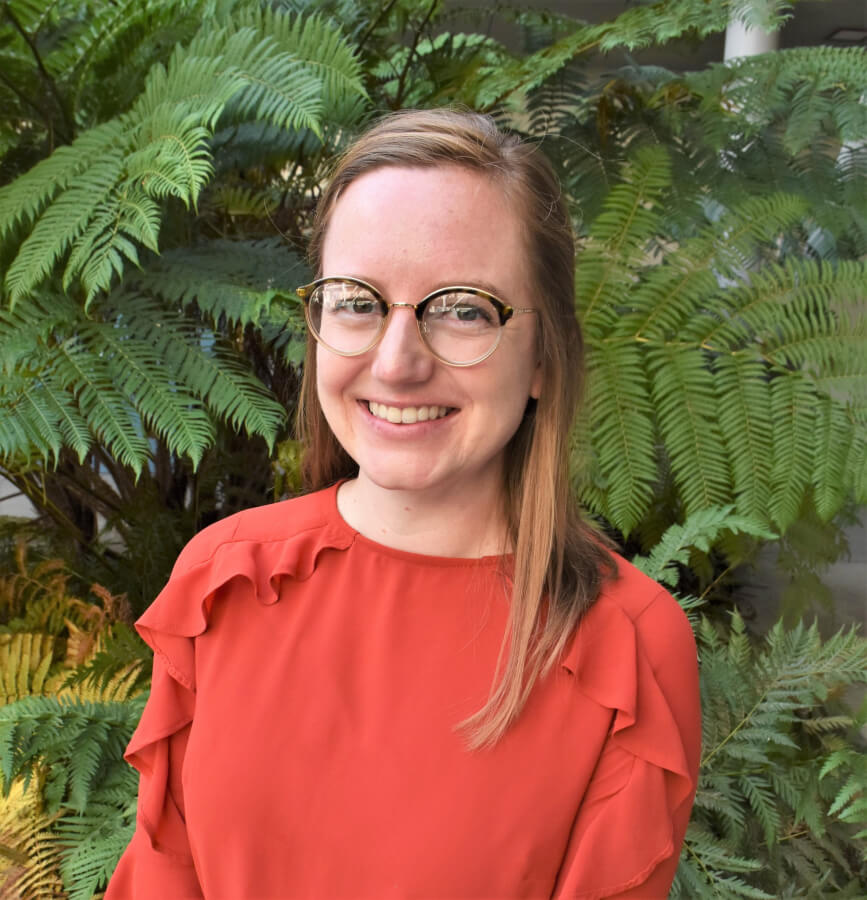
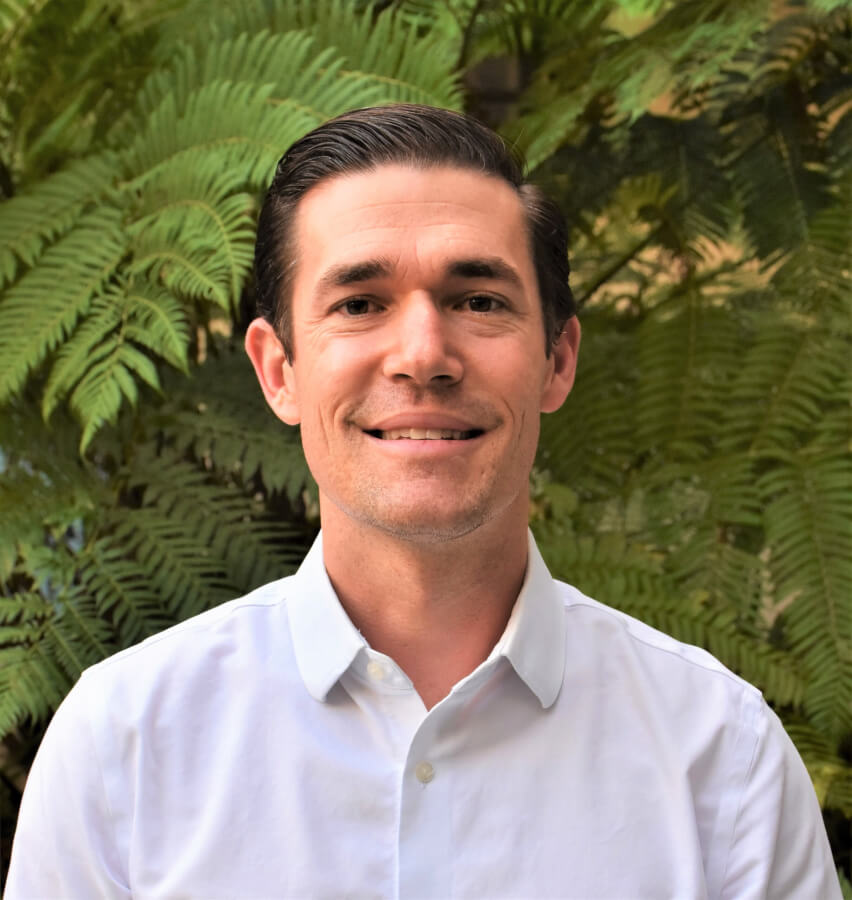
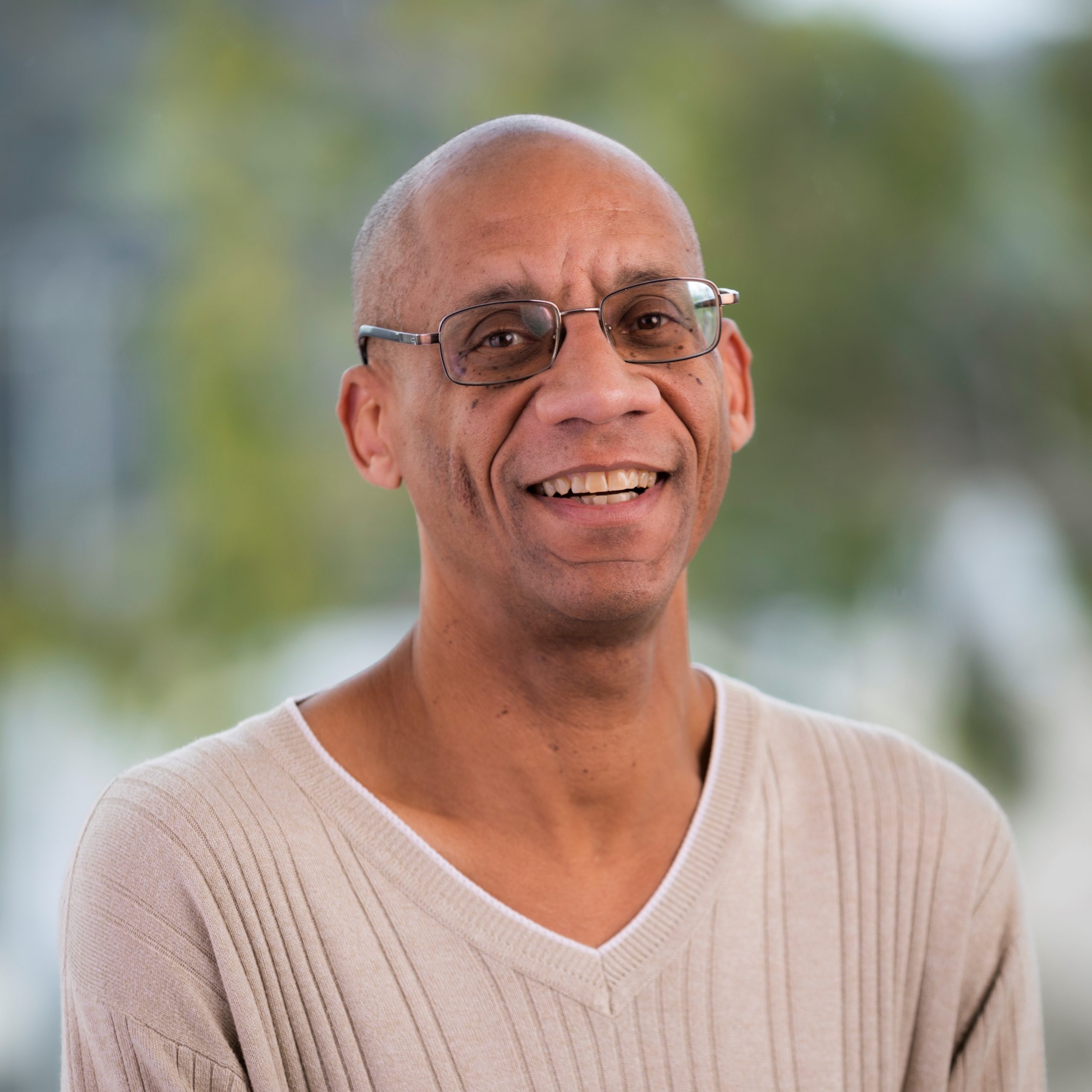
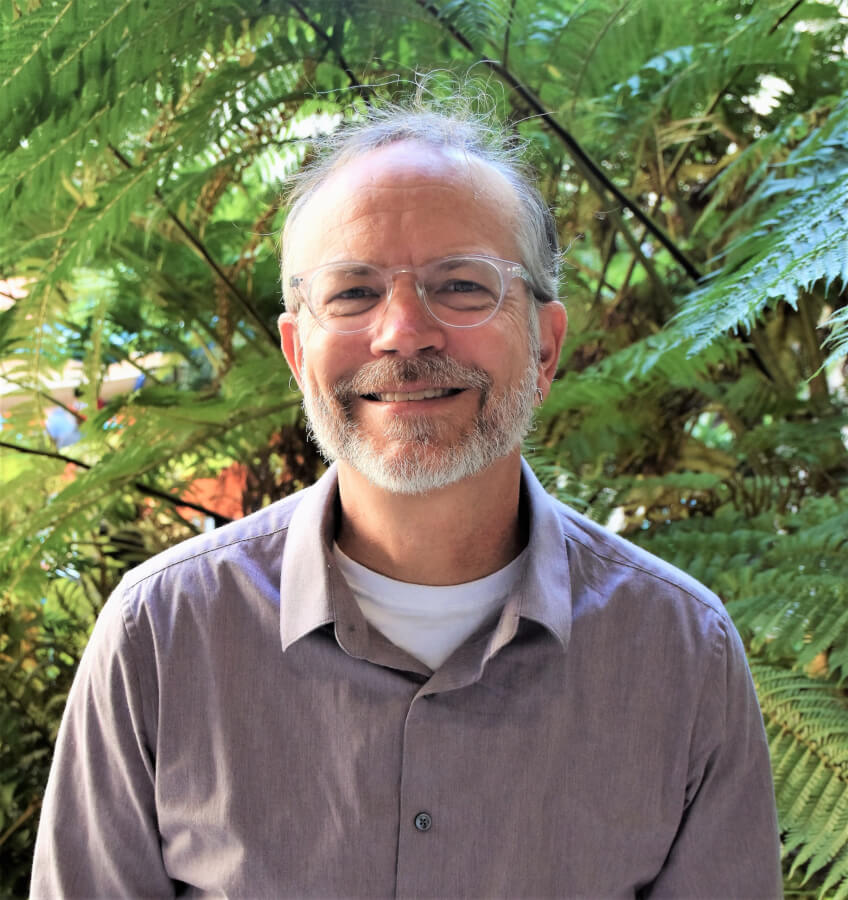
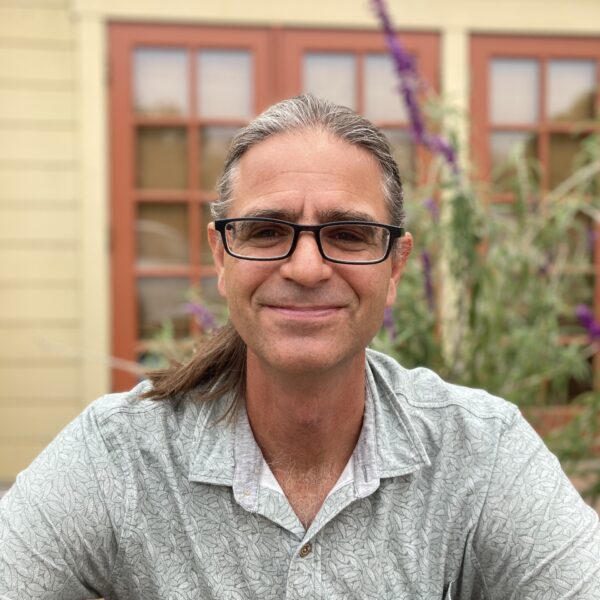
Britta Berg-Johansen
bbergjoh@calpoly.edu
Christopher Heylman
cheylman@calpoly.edu
Michael Whitt
mdwhitt@calpoly.edu
Robert Crockett
rcrocket@calpoly.edu
iian Black
iiblack@calpoly.edu
HOW DO I SUBMIT A PROJECT?
Once your project proposal is reviewed and selected for participation, the faculty member will initiate Cal Poly’s Industry Supported Student Projects (ISSP) contracting process. The faculty member will ask you for the name and contact information of (1) your technical/administrative contact and (2) your authorized signer. The ISSP paperwork includes both NDA and IP language, and you have the option to control/limit any public dissemination of the project.

